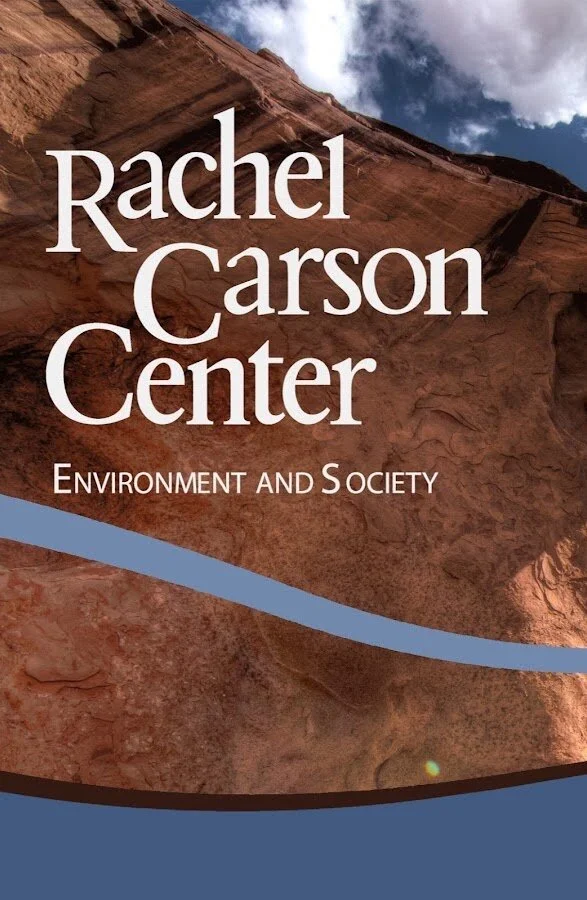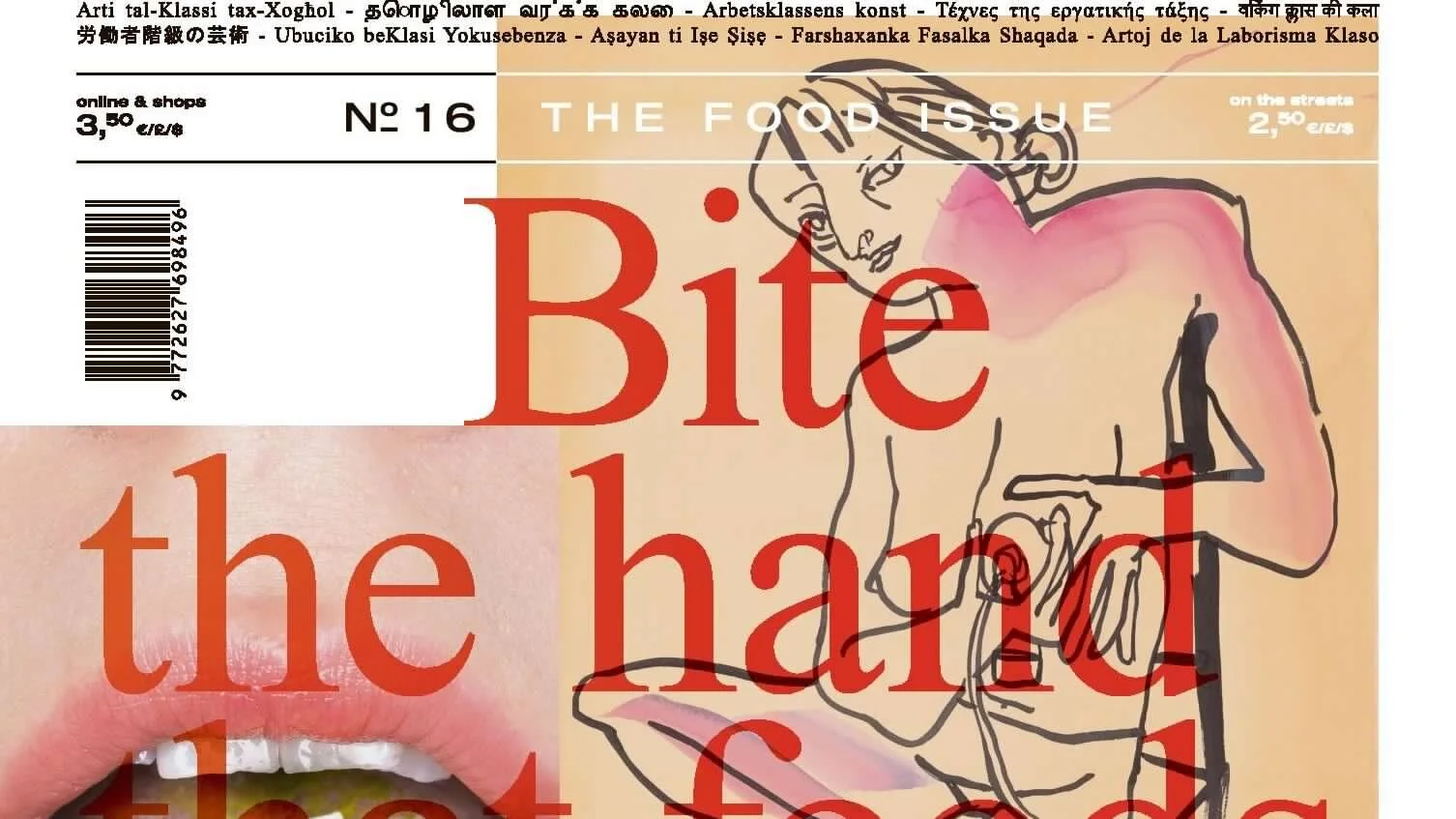Established by TBA21–Academy and appropriately based in Venice, Ocean Space hosts exhibitions, research, and public programs that catalyze ocean literacy through the arts.
It is an immense pleasure to be collaborating with chef Marco Bravetti and food designer Katinka Versendaal on an event in partnership with Ocean Space and the Center for the Humanities and Social Change at Università Ca' Foscari Venezia.
A recipe for salt calls for two ingredients: the sea and the sun. But what is the recipe for Venice? The city of Venice emerged from salt marshes—from the labor of tides carrying seawater back and forth, in and out. As a “forest on the sea,” Venice is a balancing act and salt knows a thing or two about balance. Salt executes order. It conducts how an ingredient behaves. Too little and even a confident legume tastes like something is missing. Too much and drought spreads across the mouth. The human appetite for salt, as the anthropologist Margaret Visser points out, reveals that we are in fact “walking marine environments.” The sea in our mouths. The lagoon on our tongues. But as much as salt preserves—keeping ingredients in line and flavors in balance—it also damages and erodes. In dialogue with salt’s duality, Ciacoe in Tocio: Idee, Conversazioni, e Sughi per Mangiare con la Laguna (Ideas, Conversations, and Sauces for Eating with the Lagoon) draws from Venice’s past and present to reimagine its future.
An afternoon of culinary conversations, this event casts food as a critical means with which to experience Venice and its lagoon. The table becomes a laboratory for understanding and shaping saltwater worlds and coastal futures. Eating becomes a method of inquiry.
Calling for a move away from an exclusive focus on terrestrial food politics, cultural studies scholar Elspeth Probyn asks: “can we eat with the ocean?” She wonders: “How to eat the ocean well?” We speculate answers to these questions. Can Venice eat with the lagoon?
Find out more about the June 20 event and book a seat here.



















